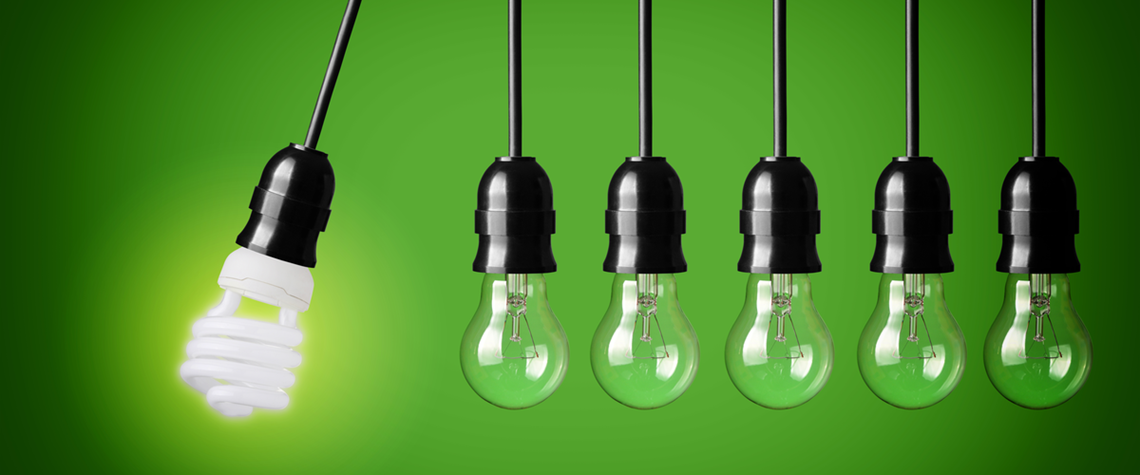More work needed on energy efficiency – IEA
Improvement rate must double for net zero to be feasible, agency says
The rate of improvement in energy efficiency gains must double from current levels to be on a pathway consistent with reaching net-zero emissions by 2050, according to the IEA’s Energy Efficiency 2021 report. Energy intensity—a measure of the global economy’s energy efficiency—is expected to fall by 1.9pc this year, after falling by only 0.5pc in 2020. But this is still well below the 4pc annual fall required every year up to 2030 in the IEA’s net-zero emissions scenario. Government policies are expected to help energy efficiency investments rise by 10pc in 2021, to almost $300bn. However, overall annual investment would need to triple by 2030 to be consistent with levels foreseen in the IEA

Also in this section
9 January 2026
A shift in perspective is needed on the carbon challenge, the success of which will determine the speed and extent of emissions cuts and how industries adapt to the new environment
2 January 2026
This year may be a defining one for carbon capture, utilisation and storage in the US, despite the institutional uncertainty
23 December 2025
Legislative reform in Germany sets the stage for commercial carbon capture and transport at a national level, while the UK has already seen financial close on major CCS clusters
15 December 2025
Net zero is not the problem for the UK’s power system. The real issue is with an outdated market design in desperate need of modernisation







